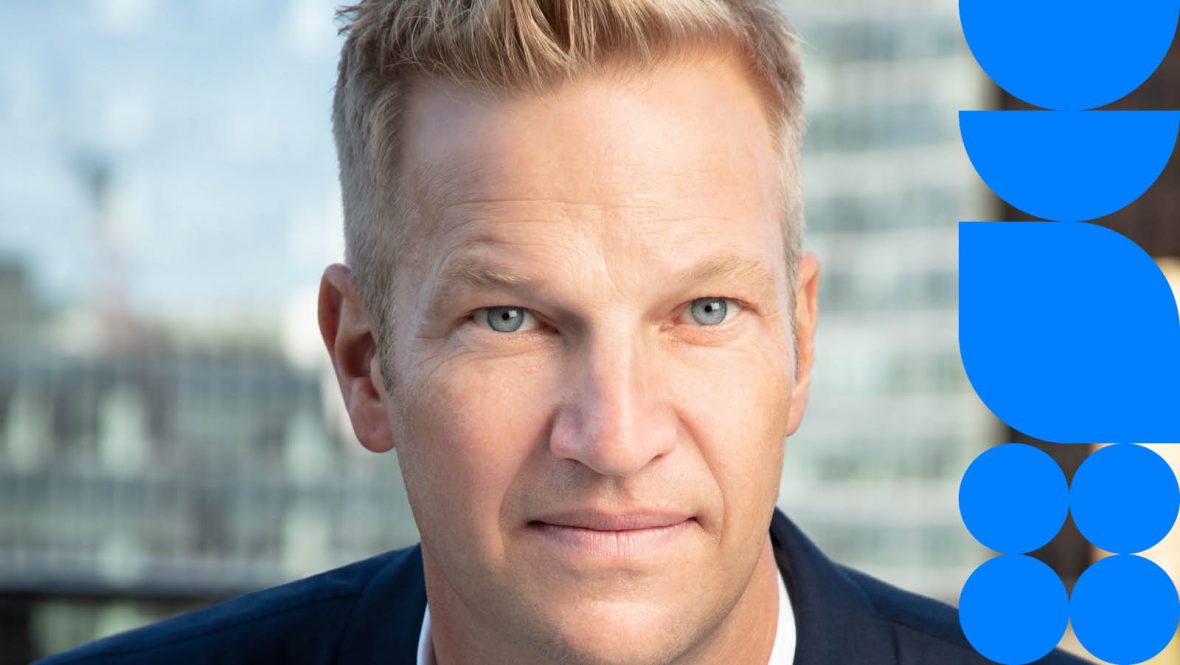Media Agencies are Changing Fast to Make Advertising Work Better
- News
- June 5, 2020
- Christian Juhl
People, not machines, remain the key to understanding the changing market.
One of the truly great things about advertising is that it is ever-changing.
It is an industry that requires continuous stewardship to meet evolving consumer behaviours and technological innovations – finding new, better and different ways to communicate, captivate and convert.
These worldwide lockdowns, and the dramatic impacts they have had, have forced advertising to dig deeper to identify relevant and appropriate ways to engage with consumers.
When there are more questions than answers, and universal uncertainty about what lies ahead, how do we provide the right guidance to our clients?
“Adaptability” and “pivoting” have quickly moved beyond buzzwords and become a foundation with which to approach our business.
Behind these business shifts, our people have had to adjust too.
These adjustments have made them acutely aware of the changing behaviours of consumers, the evolution of their needs and how they experience brands today versus even eight or nine short weeks ago.
The world is forever different and it’s on us to help our clients decipher what all of this means for brands; which shifts are temporary and which will be long-term.
This pandemic has also afforded our industry the chance to look in the mirror, fast-track our roles in the ecosystem and determine how we can best spend our energy to make advertising work better for people.
As Mark Read, chief executive of Group M’s parent company, WPP, recently said: “We’re seeing 10 years’ worth of innovation crammed into a few months.”
The big question is: what are we – media agencies – doing to continue to innovate for our clients, especially when no-one knows what’s next?
The decisions we made 12 weeks ago, before the coronavirus crisis gripped the world, don’t carry the same consequences they do now; the stakes are higher.
Few service businesses have the scaled expertise across categories to identify best practices in addressing changes to consumer sentiments, preferences and behaviours like media agencies.
We are in the unique position of having a fairly holistic view of the insights about shifts and trends in consumption, content and sentiment that are otherwise disparate and disconnected – giving us a thorough understanding of what has really changed.
When consumer habits and behaviours changed literally overnight, it was this unique vantage point that allowed us to quickly identify the optimal approach.
And, as marketing budgets were suddenly cut around the world, we maximised the intelligence our data and insights provided to make the remaining dollars work harder to achieve our clients’ business goals.
It has allowed us to optimise workflows across marketing functions and find new ways to work with media owners to maximise the value of a buy.
We have helped clients identify how to transition their traditional businesses online to meet the needs of the stay-at-home economy by adapting best practices from direct-to-consumer and ecommerce-centric companies.
We have identified opportunities to optimise spending on short notice and shift resources across media channels – spending on out-of-home when suddenly no-one can leave their home offers a significantly lower ROI.
Optimising search, social and connected activities should be a top priority; everything that is addressable should be.
And, in places like China, where lockdowns have eased, we’ve done things like track road-traffic activity to identify when and where weekend travel has or has not returned to normal.
Many of these activities and habits established by consumers during this period will persist far into the future.
The collective ingenuity of this industry’s creative minds has been helping clients adapt and pivot to that too.
And by helping to improve clients’ offerings and connectivity to consumers, we help make advertising work better for people.
If there’s one thing I’m certain of “in these uncertain times,” it’s that the vibrant and talented people who fill our industry are the reason it will continue to flourish.
While detractors of agencies have often argued that marketing driven by machines is typically superior, it’s the campaigns led by people, adapted for people and pivoted around people’s emerging needs and interests that will ultimately rule the day.
As seen in Campaign U.K.
